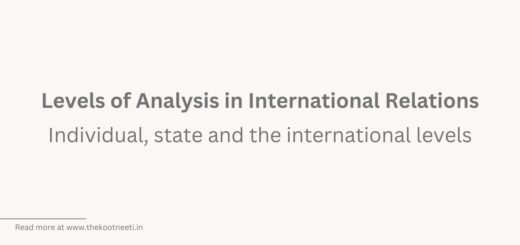End of History: Definition and Criticism

The “end of history” is a concept that was developed by political scientist Francis Fukuyama in his 1992 book “The End of History and the Last Man.” In the book, Fukuyama argued that the collapse of the Soviet Union marked the end of the ideological struggle between capitalism and communism and the global triumph of liberal democracy as the final form of government.
Fukuyama’s concept of the “end of history” has been interpreted in a number of different ways. Some have understood it to mean that the world has reached a point of political and ideological stability, and that further significant political change is unlikely. Others have understood it to mean that the liberal democratic model of government has proven to be the most successful and will continue to spread globally.
However, the concept of the “end of history” has also been criticized for its optimism and for overlooking the potential for conflict and change within and between states. Some have argued that history does not necessarily come to an end and that there will always be room for ideological struggle and political change.
Criticism of the End of History concept:
The concept of the “end of history” has been subject to a number of criticisms. Some of these criticisms include:
- It is overly optimistic: Critics have argued that the concept of the “end of history” is overly optimistic and fails to take into account the potential for conflict and change within and between states.
- It ignores ongoing struggles: The concept of the “end of history” has been criticized for ignoring ongoing struggles for political and economic justice and for overlooking the potential for resistance to liberal democracy.
- It is culturally specific: Some have argued that the concept of the “end of history” is culturally specific and reflects the values and perspectives of the Western world, and may not be applicable to other parts of the world.
- It is teleological: The concept of the “end of history” has been criticized for its teleological approach, which suggests that history has a predetermined end point and that the current global political system is the final form of government.
While the concept of the “end of history” has been influential, it has also been subject to significant criticism for its optimism, its cultural specificity, and its teleological approach.



















